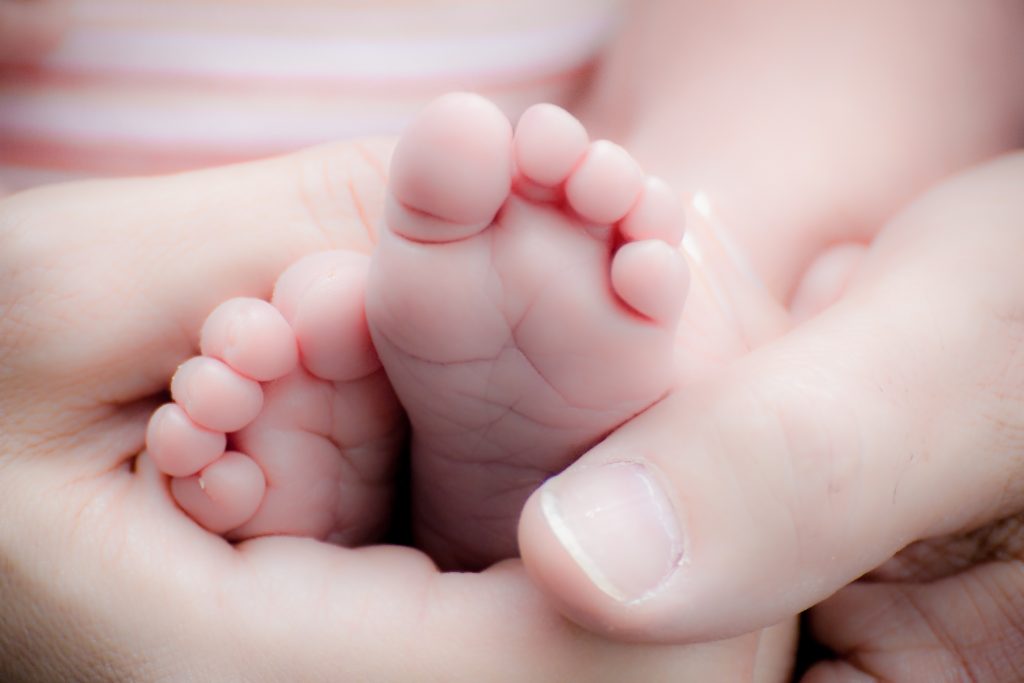Premature babies can have a hard road to travel, including incubators, drugs, and surgery. The good news is that among the medical and technical advances has arisen an appreciation of the human side of helping a premature infant to survive and thrive.
As early as the 1970s, medical personnel faced with too few incubators and resources in the country of Colombia, for instance, began applying an intervention now referred to as kangaroo mother care.
Premature babies need the warmth offered artificially by incubators, an aid not widely available in poorer countries. As an alternative, medical personnel began sending some early-term infants home after educating the new mothers in kangaroo care.
Basically, this care promotes skin-to-skin contact (baby against mother’s chest), exclusive breastfeeding, and lots of support for mom and baby. A particular group of premature Colombian infants who experienced this care in the early 1990s were studied in a 20-year follow-up and showed not only the success of short-term survival but also revealed a healthy, socially adapted, well developed bunch of young adults.
Another 10-year study followed more than 70 premature babies who underwent kangaroo care, in addition to traditional interventions in a neonatal unit. Although the skin-to-skin contact was only for an hour per day, the kangaroo care infants did better after a decade in key areas of brain development when compared to incubator-only babies.
Researchers also found that the kangaroo care moms were more sensitive to their babies’ needs and more nurturing than other moms in that first year of life. Although very premature infants in developed countries like the U.S. have available technology to save them, some hospitals are beginning to acknowledge that skin-to-skin contact can help as well, so they encourage the close contact.
We have known for years that neglected babies, such as those left in institutions with little human contact, often fall behind peers in biological and mental growth. They may even lose, or never develop, the ability to attach to other people. Studies are showing that skin-to-skin, heartbeat-to-heartbeat, contact can help alleviate problems in premature infants. On the positive side, think of the advantage for full-term babies.
Four Important Takeaways
- Bonding between baby and mom is stressed in kangaroo care.
- Dads, grandparents, and other caregivers can also get in on the act. It’s the skin-to-skin contact that is important. Baby can still feel the warmth and hear the heartbeat.
- Babies who have been neglected often fall behind their peers in biological and mental growth. The positive spin is that physical contact encourages healthy development.
- Early skin-to-skin connection is good for full-term babies as well.
By Cheryl Blake


[…] does not mean that you have done something wrong to cause the early delivery. It is important now to educate yourself and move forward, and continue to care for your baby in the best way possible. And […]